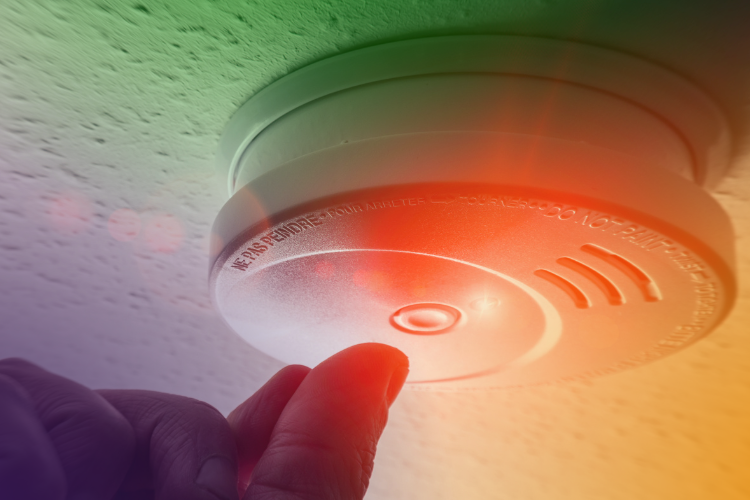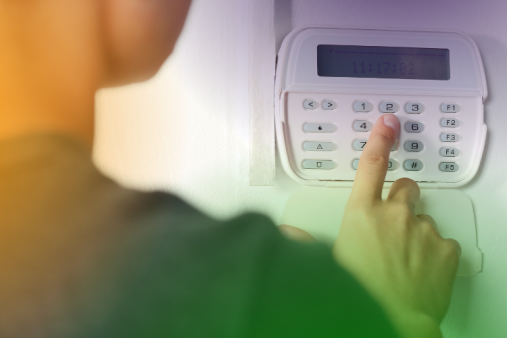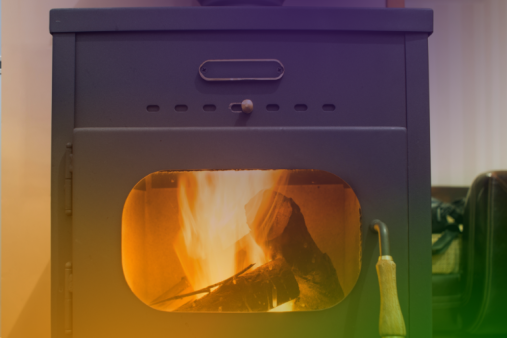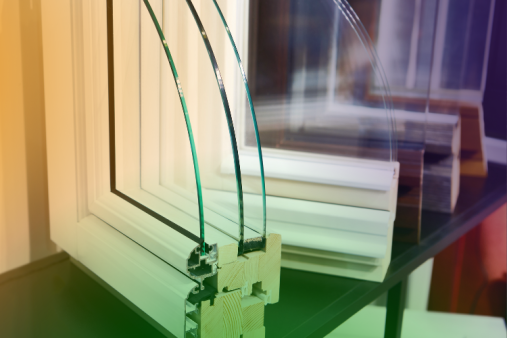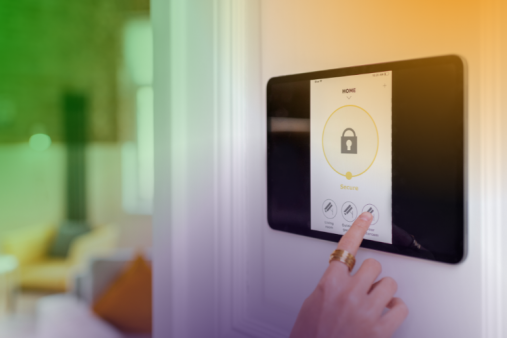What type of smoke alarm is best?
There are two main types of smoke alarms: ionization smoke alarms and photoelectric smoke alarms.
Ionization smoke alarms detect small smoke particles, such as those from fast-burning fires, while photoelectric smoke alarms detect larger smoke particles, such as those from slow-burning fires.
Experts generally recommend using both types of smoke alarms or using dual-sensor smoke alarms that incorporate both technologies to ensure the greatest level of protection.
It's also important to ensure that smoke alarms are properly installed, maintained, and tested regularly to ensure they are functioning correctly.
What is the difference between a smoke alarm and a smoke detector?
While the terms "smoke alarm" and "smoke detector" are often used interchangeably, there is a subtle difference between the two.
A smoke detector is a device that detects the presence of smoke in the air and alerts people to the potential danger of a fire. Smoke detectors can be standalone devices or part of a larger fire detection system.
On the other hand, a smoke alarm is a type of smoke detector that has a built-in alarm or siren that sounds when smoke is detected. Smoke alarms are typically standalone devices that are installed in homes or buildings to provide early warning of a fire.
So, while both smoke alarms and smoke detectors detect the presence of smoke, smoke alarms have an additional feature of an audible alarm to alert people in the vicinity of the potential danger.
Do I need an electrician to fit a smoke alarm?
In the UK, building regulations require that all new or significantly renovated homes have mains-powered smoke alarms installed.
If you are installing a new smoke alarm in your home or replacing an old one, you may need to hire a qualified electrician to carry out the installation. This is because mains-powered smoke alarms require electrical wiring and must be connected to the main electrical circuit in your home.
However, if you are installing a battery-powered smoke alarm, you do not necessarily need an electrician. These types of smoke alarms are easy to install and can be attached to the ceiling or wall using screws or adhesive pads.
It's always recommended to consult the manufacturer's instructions before installing a smoke alarm and to ensure that it complies with the relevant safety standards.
My smoke alarm keeps beeping. What should I do?
If your smoke alarm in the UK is beeping, it could be a sign of a low battery or a malfunction. Here's what you can do:
-
Check the battery: If your smoke alarm is battery-powered, the beeping may indicate a low battery. Check the manufacturer's instructions to see what type of battery your smoke alarm requires and replace it with a fresh one.
-
Check for dust: Smoke alarms can beep if they are dusty or dirty. Use a soft brush or a vacuum cleaner to clean the sensor chamber and remove any dust or debris.
-
Check for malfunction: If the beeping continues after checking the battery and cleaning the sensor chamber, it could be a sign of a malfunction. You may need to replace the smoke alarm or contact a qualified electrician to inspect and fix the problem.
It's important to never ignore a beeping smoke alarm, as it could indicate a potential fire hazard. If you are unsure what to do or need assistance, contact your local fire department or a qualified electrician for advice.
How much does a smoke alarm cost?
The cost of a smoke alarm in the UK can vary depending on the type and brand of the smoke alarm.
For a basic battery-powered smoke alarm, you can expect to pay around £5-£20. However, for a mains-powered smoke alarm, you can expect to pay around £20-£50 or more, as these types of smoke alarms require installation by a qualified electrician.
There are also more advanced smoke alarms available on the market, such as interconnected smoke alarms or smart smoke alarms, which can cost anywhere from £30 to over £100.
It's important to remember that the cost of a smoke alarm is a small investment for the safety of your home and family. It's recommended to choose a smoke alarm that complies with the relevant safety standards and has a good reputation for reliability and performance.
What are the different smoke alarm brands?
There are many different brands of smoke alarms available in the UK. Here are some of the most popular ones:
-
Kidde: Kidde is a well-known brand of smoke alarms that offers a range of battery-powered, mains-powered, and interconnected smoke alarms.
-
FireAngel: FireAngel is a UK-based brand that offers a variety of smoke alarms, including battery-powered, mains-powered, and smart smoke alarms.
-
Aico: Aico specializes in mains-powered smoke alarms and offers a range of different models, including interconnected smoke alarms.
-
First Alert: First Alert is a popular brand that offers a range of smoke alarms, including battery-powered and mains-powered models.
-
Ei Electronics: Ei Electronics is a leading brand of smoke alarms and specializes in mains-powered smoke alarms for both residential and commercial use.
-
Honeywell: Honeywell offers a range of smoke alarms, including battery-powered, mains-powered, and interconnected smoke alarms.
These are just a few examples of the many brands of smoke alarms available in the UK. It's important to choose a smoke alarm that meets the relevant safety standards and has a good reputation for reliability and performance.
How many smoke alarms do I need in my home?
In the UK, building regulations require at least one smoke alarm to be installed on every storey of a residential property, including in any habitable rooms, such as living rooms and bedrooms.
For larger homes or those with multiple bedrooms, it is recommended to have additional smoke alarms installed to provide adequate coverage. The number and placement of smoke alarms will depend on the layout and size of your home.
It's also recommended to install smoke alarms in areas such as hallways and landings, which provide escape routes in case of a fire.
For added protection, you may also consider installing interconnected smoke alarms, which are wired together and will all sound an alarm when one detects smoke. This is especially useful in larger homes where it may be difficult to hear a smoke alarm in another part of the house.
Overall, it's important to ensure that smoke alarms are installed in the correct locations and that they are regularly maintained and tested to ensure they are functioning correctly.
